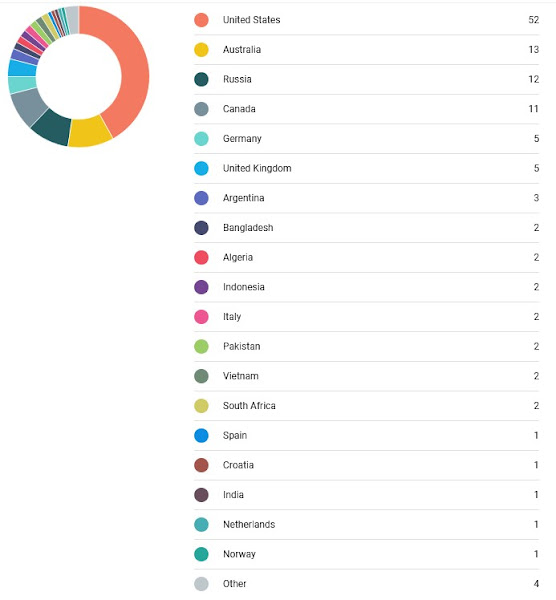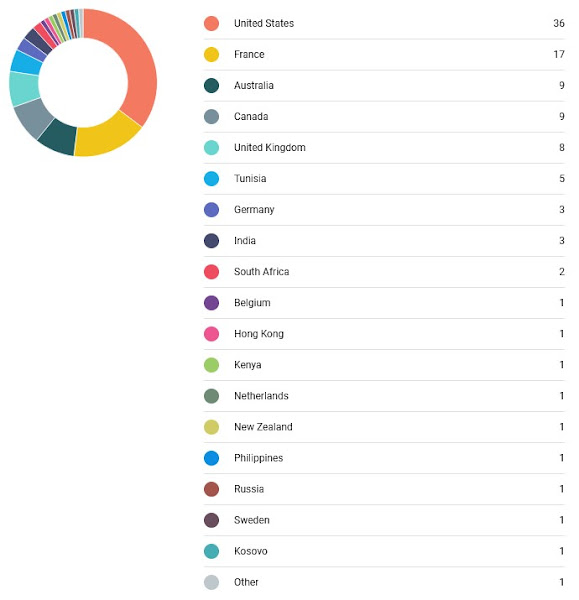Begging & Poor, Eve, & the Protestant-Catholic Context for 2 Henry VI

A funny thing happened on the way to searching 2 Henry VI for instances of "beg" (five) and "poor" (14): [Image: From the First Folio of 1623, via Folger Shakespeare Library . Creative Commons.] First, it is hard not to be struck by the idea that Shakespeare was writing at a time of Protestant-Catholic strife, in a divided country: He chose to write about the War of the Roses, a time when England was divided by the houses of Lancaster and York. Teachers who omit mention of this do their students a disservice. Second, in 2 Henry VI , audiences are again (as in Hamlet ) shown a variation of the theme of woman as an Eve figure, a source of corruption. In Hamlet, the prince complains about Gertrude's frailty and asks if she had a hand in killing his father; but in 2 Henry VI , Queen Margaret is having an affair with the Earl of Suffolk; if she is Eve, he is a serpent. Third, while searching for "instances of "beg" and "poor,









